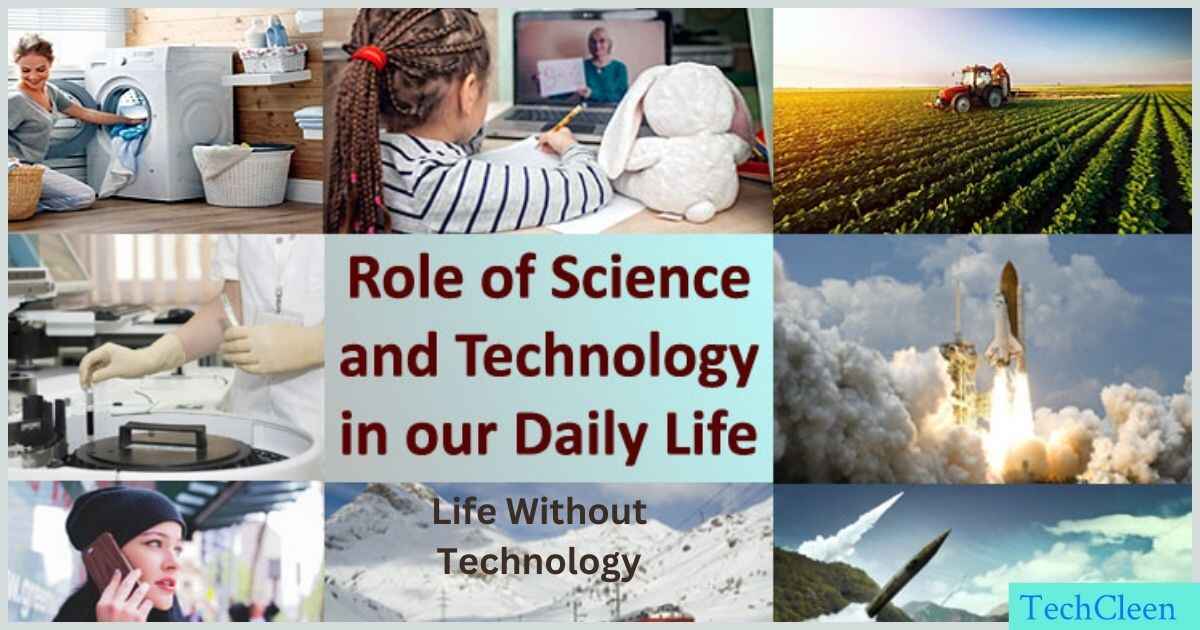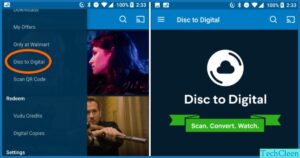Life Without Technology is a concept that’s becoming increasingly difficult to imagine in our hyper-connected world. From the moment we wake up to our smart gadgets to the time we fall asleep scrolling through our digital devices, technology permeates every aspect of our lives.
But what would happen if we suddenly found ourselves in a low-tech existence? This article explores the implications of a world unplugged, examining both the challenges and potential benefits of a tech-free day. We’ll delve into how our reliance on digital systems has transformed everything from communication to entertainment, and question whether this technological integration has truly improved our quality of life.
Join us as we unpack the complexities of life with and without the cutting-edge innovations we’ve come to depend on.
A Day Without Technology
Imagine waking up to find all your digital devices have vanished. No alarm from your smartphone, no quick email check, no scrolling through social media. How would your day unfold? For many of us, this scenario would throw our routines into chaos.
Without technology, simple tasks become challenges. Cooking breakfast might require lighting a stove manually. Commuting could mean navigating without GPS. At work, we’d rely on face-to-face meetings and handwritten notes. Evening entertainment? Think board games instead of Netflix. This tech-free day might feel liberating to some, but frustrating to others.
What is Life Without Modern Technology Like?
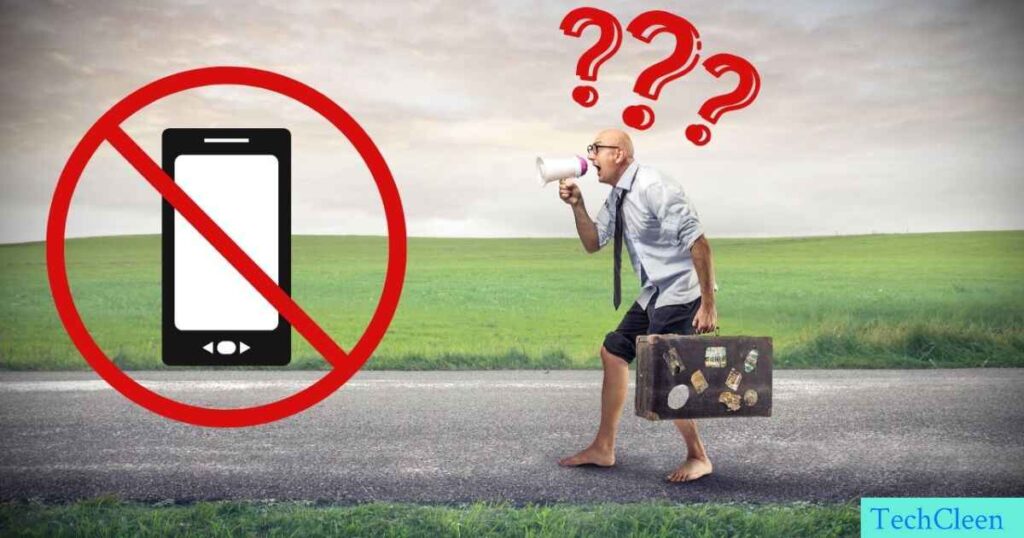
To understand life without technology, let’s take a trip down memory lane. Before the digital age, people relied on analog tools and face-to-face interactions. Information came from books and newspapers, not Google. Entertainment meant radio shows and live performances, not streaming services.
Read This Blog:
While this low-tech existence had its charms, it also had limitations. Research took hours in libraries instead of seconds online. Long-distance communication was expensive and time-consuming. Medical diagnoses were less accurate without advanced imaging tools. While some might romanticize this era, it’s crucial to recognize the significant advancements technology has brought to our quality of life.
What Can You Do in One Day Without Technology?
A digital detox can be refreshing. Without the constant ping of notifications, you might rediscover forgotten hobbies or deepen relationships. Here are some activities for a tech-free day:
- Read a physical book
- Have a face-to-face conversation
- Explore nature
- Practice meditation or yoga
- Write in a journal
- Cook a meal from scratch
- Play a musical instrument
- Create art or do crafts
These offline activities can boost creativity, reduce stress, and improve mental well-being. They remind us that meaningful experiences don’t always require a screen.
Can We Survive Without Technology?
While a temporary break from tech can be beneficial, completely eliminating technology from our lives is nearly impossible in today’s world. Essential services like healthcare, transportation, and utilities rely heavily on technology. Even off-grid living often incorporates some level of technology for sustainability.
However, it’s worth considering which technologies are truly essential and which we can live without. Finding this balance can lead to a more mindful approach to technology use, enhancing our lives without dominating them.
Work in IT So That a Day Without Technology Never Becomes a Reality
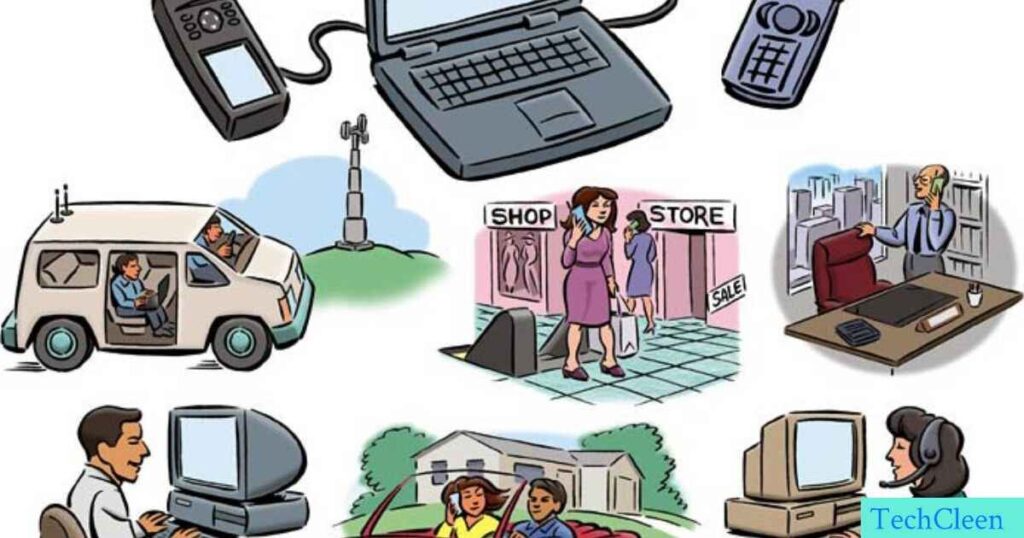
The IT industry plays a crucial role in maintaining our tech-driven world. From cybersecurity experts protecting our data to software developers creating innovative solutions, tech workers ensure that our digital systems run smoothly.
With the rapid pace of technological advancement, there’s a growing tech talent shortage. This creates excellent opportunities for those interested in entering the technology field. Whether you’re passionate about web development, artificial intelligence, or cloud computing, there’s likely a tech job that aligns with your interests.
Get Into IT Fast With CompTIA Training and Certifications
For those looking to start a career in technology, CompTIA certifications offer a fast track to success. These tech credentials are widely recognized in the industry and cover a range of specializations.
| Certification | Focus Area | Career Path |
| A+ | IT fundamentals | Entry-level IT support |
| Network+ | Networking | Network administrator |
| Security+ | Cybersecurity | Information security analyst |
| Cloud+ | Cloud computing | Cloud systems engineer |
These certifications provide a solid foundation of knowledge and skills, making you more attractive to employers in the tech sector.
Some Reasons We Cannot Do Without Technology in Our Life Today
Technology has become an integral part of our daily lives, transforming how we work, communicate, and interact with the world. Here are some key areas where technology is indispensable:
- Communication: Digital networks enable instant global communication.
- Healthcare: Advanced medical equipment improves diagnosis and treatment.
- Education: E-learning tools make knowledge accessible to all.
- Transportation: GPS and traffic management systems enhance mobility.
- Finance: Online banking and digital payments simplify transactions.
- Entertainment: Streaming platforms offer diverse content on demand.
- Security: Surveillance systems and cybersecurity protect people and data.
- Research: Digital libraries and databases accelerate scientific progress.
These advancements have significantly improved our quality of life, making many tasks easier, faster, and more efficient.
Technology Dominates Modern-Day Life, But Is It Good or Bad?
The pervasiveness of technology in our lives brings both benefits and challenges. On one hand, it has revolutionized industries, improved healthcare, and connected people across the globe. On the other, concerns about digital addiction, privacy, and the impact on mental health have arisen.
Finding a balance is key. While technology offers incredible tools, it’s important to use them mindfully. Setting boundaries for screen time, practicing digital detox occasionally, and fostering real-world connections can help mitigate the negative effects of technology overuse.
Communication and Entertainment – From Street Lights to Cell Phones
The evolution of communication and entertainment technologies has been nothing short of revolutionary. From the days when street lights signaled curfew to today’s 24/7 connectivity via smartphones, our social landscape has transformed dramatically.
Entertainment has undergone a similar shift. We’ve moved from gathering around radios for evening shows to having a world of content at our fingertips through streaming platforms and gaming technology. While these advancements offer unprecedented choice and convenience, they also raise questions about the quality of our interactions and the impact on our attention spans.
Is Life Better With Or Without Technology?
This question doesn’t have a simple answer. Technology has undoubtedly improved many aspects of our lives, from healthcare to education. It has connected us globally and given us access to vast amounts of information. However, it has also introduced new challenges, such as digital addiction and privacy concerns.
The key lies in how we use technology. When used mindfully, it can enhance our lives without dominating them. The goal should be to leverage technology’s benefits while maintaining a healthy balance with offline experiences and relationships.
The Evolution of the Internet and Computers
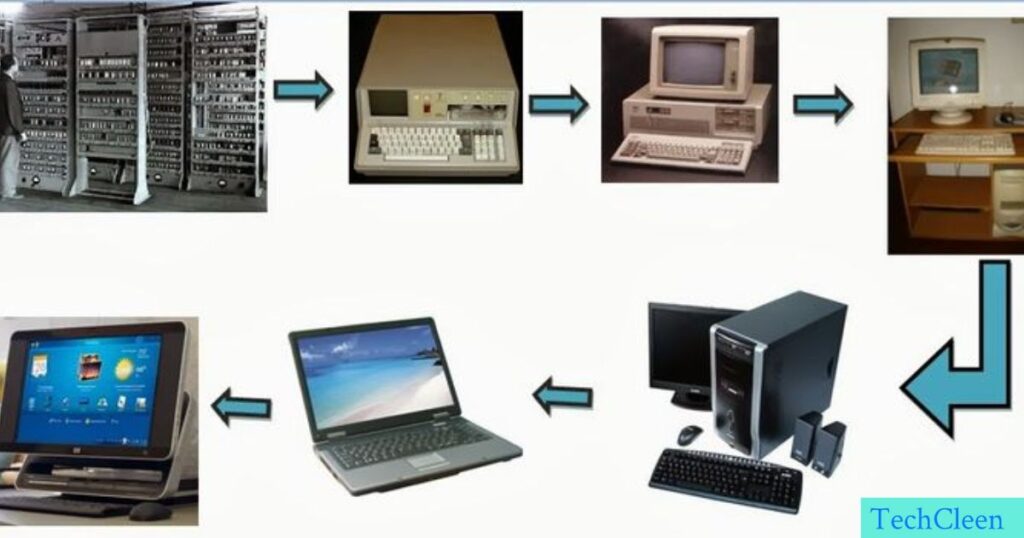
The journey from bulky mainframes to pocket-sized smartphones is a testament to human innovation. The internet, once a niche tool for academics, has become the backbone of global communication and commerce.
This evolution has democratized information, revolutionized industries, and connected people across the globe. However, it has also raised concerns about privacy, security, and the digital divide. As we continue to advance, addressing these challenges while harnessing the potential of technology will be crucial.
Also Read This Blog:
Books vs. Google
The shift from physical books to digital information sources has transformed how we acquire and process knowledge. Google and other search engines offer instant access to a world of information, but this convenience comes with its own set of challenges.
While digital sources provide quick answers, they may lack the depth and critical thinking encouraged by book reading. Moreover, the abundance of information online requires strong critical thinking skills to discern credible sources from misinformation. Balancing traditional reading with digital research can provide a well-rounded approach to learning and information gathering.
Technology is King
In today’s world, technology reigns supreme. From smart gadgets in our homes to AI-powered devices in our workplaces, technology shapes nearly every aspect of our lives. This digital ubiquity offers incredible conveniences but also raises important questions about privacy, security, and the nature of human interaction.
As we navigate this tech-dominated landscape, it’s crucial to remain mindful of how we use technology. By leveraging its benefits while being aware of its limitations, we can create a future where technology enhances rather than replaces human experiences.
Conclusion
Life Without Technology may seem like an impossible concept in our digital age, but exploring this idea reveals both the incredible benefits and potential drawbacks of our tech-dependent lifestyle. While a complete return to a pre-digital age is neither feasible nor desirable, occasional digital detoxes can offer valuable perspective.
The key lies in striking a balance between leveraging technological advancements and preserving meaningful offline experiences. As we continue to navigate the ever-evolving landscape of digital innovation, it’s crucial to approach technology use mindfully. By doing so, we can harness the power of smart solutions to enhance our lives without sacrificing the richness of human connection and unplugged experiences.
Ultimately, the question isn’t whether life is better with or without technology, but how we can best integrate tech integration into our lives to create a more fulfilling, balanced, and connected world.
Frequently Asked Questions
How will life be without technology?
Life without technology would be drastically different, with challenges in communication, healthcare, and daily tasks. However, it might lead to more face-to-face interactions and a slower pace of life.
What will happen if technology does not exist?
Without technology, we’d lose access to modern healthcare, global communication, and efficient transportation. Essential services would be disrupted, and many industries would cease to function as we know them.
How was the life before technology?
Life before technology was characterized by more manual labor, slower communication, and limited access to information. People relied more on face-to-face interactions and traditional skills for daily tasks and entertainment.
Is technology needed in life?
In today’s world, technology is indeed needed for many aspects of life. It enables essential services, enhances education and healthcare, and facilitates global communication. However, balancing tech use with offline activities is crucial for well-being.

With a robust five-year background in the ever-evolving realm of tech gadgets, I bring a wealth of hands-on experience and a deep understanding of the latest technological advancements.
